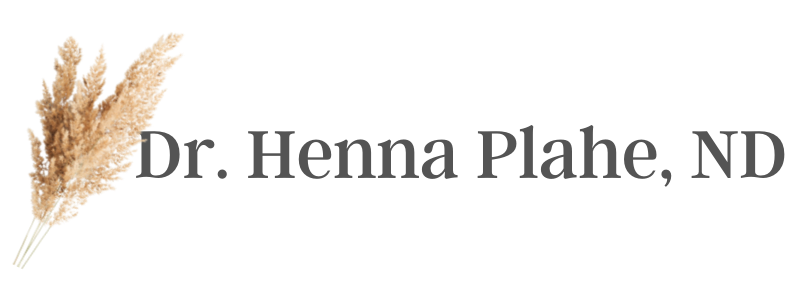Hormones play an essential role within our bodies – subsequently, a slight hormonal imbalance can throw off your system, leading to unwanted symptoms and side effects.
Produced by the glands in our endocrine system, hormones act like little messengers. They relay instructions that tell your body what to do and when to do it. You don’t want them playing a game of broken telephone!
Hormones and The Role They Play in Our Bodies
You may be familiar with estrogen, testosterone, and progesterone, but our bodies have over 50 different hormones.
They are essential communicators for reproduction, metabolism, growth, mood regulation, our sleep-wake cycle, and more. Often, these processes need a chain reaction of many hormones working together. If one is lacking, it can throw off the whole process.
Look at your hormones as part of a recipe – too little or too much of one ingredient will mess with the results!
12 Common Signs of Hormone Imbalance in Women
Acne.
Thought you left acne in your teenage years? If it’s making an unwanted comeback, you might blame excess androgens. Adult acne related to hormonal shifts is often centred on your lower face, around your jawline and cheeks.
Migraines.
Migraines are intense headaches, often on one side of your head, that can also include sensitivity to light, nausea, fatigue, or dizziness. Strong fluctuations of estrogen usually cause hormone-related migraines.
Excessive growth or hair loss.
Thinning hair and excessive facial hair growth are both signs of a hormonal imbalance. It is often the result of high androgen levels (male hormones).
Low sex drive.
While dips in libido are natural, a continual lack of interest in sex can signify a hormonal imbalance, often related to low estrogen levels.
Unexplained weight changes.
Sudden weight gain or loss not associated with any lifestyle or health issues can be related to imbalanced hormone levels due to thyroid issues.
Night sweats.
Waking up in the middle of the night needing to change your clothes is no fun! Low or fluctuating estrogen levels may be to blame if you have frequent night sweats.
Fatigue.
It’s normal to feel tired now and then when life is busy! But overwhelming fatigue that consistently disrupts your everyday life could signify excess progesterone or thyroid issues.
Insomnia.
On the flip side, if you toss and turn and can’t seem to fall asleep at night or fall asleep but wake up often, it could signal low progesterone.
Vaginal dryness.
Vaginal dryness tends to happen when entering menopause. But if you are younger and suffering from this symptom, it could mean your estrogen levels are too low.
Memory issues.
If you once had an excellent memory but now struggle to find your keys, your memory issues might be attributed to low estrogen levels.
Irregular Periods.
If you are skipping periods, have an irregular cycle, or have excruciating cramping, that’s a sign that something is amiss! The ideal period shouldn’t disrupt your life – either low progesterone or imbalanced estrogen may be to blame.
Infertility.
Infertility is a heart-breaking issue that can signal a hormone imbalance. Fortunately, if the problem stems from hormones, there are treatments available that can help you conceive and carry a healthy baby.
Hormones are small but mighty! They play essential roles within our bodies. Evidently, if you suffer from one of these common signs of hormone imbalance, see your naturopathic doctor for testing. It won’t just go away on its own – you need to find and treat the root cause to feel your absolute best! If you have questions about your hormones, please reach out – I’d love to chat!




